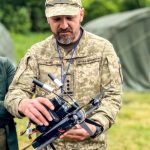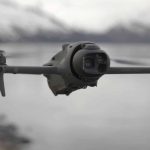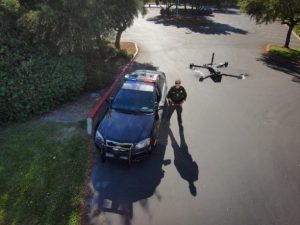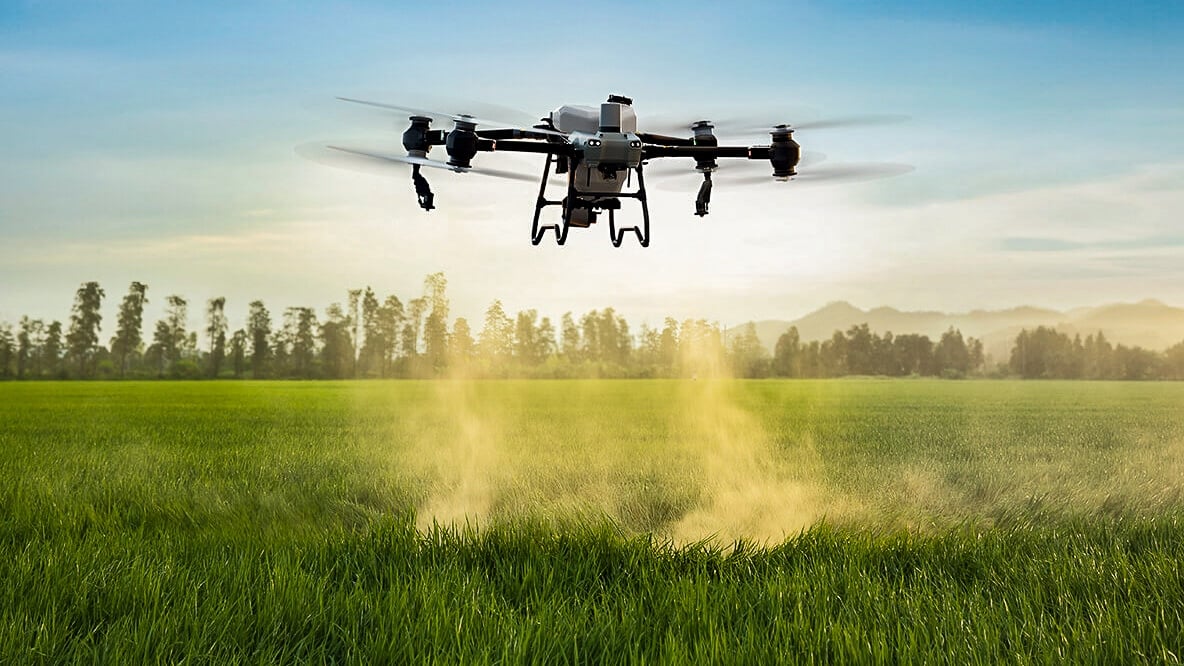American Farmers Seek Alternatives as DJI Faces Possible FCC Ban
Farmers in the United States are at a crossroads in their use of agricultural drones, with DJI, the world’s foremost drone maker, potentially being added to the FCC’s “Covered List” unless a federal agency conducts a security assessment by December 23, 2025. This addition could halt the import and sale of new DJI drones that have become essential tools on American farms. As this deadline approaches, concern and adaptability surge as farmers and service providers explore American-made solutions to maintain their operations.
Why Is the DJI FCC Deadline Crucial?
This issue is significant in agriculture and the broader drone industry because:
- DJI controls approximately 70% of the global agricultural drone market. Their absence would significantly disrupt crop spraying and farm mapping operations.
- The National Defense Authorization Act (NDAA) of 2024 stipulates a ban on Chinese drones, including DJI, unless they undergo a U.S. security risk review by December 23, 2025. No agency has yet undertaken this audit, suggesting a likely automatic ban.
- U.S. retailers have struggled with supply chain issues, customs delays, and an FCC equipment authorization freeze, making DJI drones scarce by summer 2025, with major distributors shifting focus to alternatives.
Farmers’ Adaptive Strategies
1. Adjusting Operations
American farmers have integrated DJI drones for:
- Precise crop spraying, reducing waste and damage.
- Detailed field mapping and soil analysis for optimization.
- Resource management and damage assessment.
Without DJI’s reliable drones, farmers might have to revert to older, less efficient methods.
Real-life Experiences
John H., a Midwest farmer, notes, “Our spray drone quickly paid off in savings and efficiency. Losing such advantages is concerning.” Drone service providers, like Sarah K. in Nebraska, are retraining staff on non-DJI platforms to avoid dependency on a potentially banned brand.
Emergence of American Agricultural Drones
With increasing demand for U.S.-built drones, new players are stepping in:
1. Hylio
- Texas-based Hylio is expanding production to 5,000 drones annually by 2028.
- Hylio ensures NDAA compliance by excluding Chinese, Russian, and Iranian components.
- The company highlights “real human support” and customizable technology for precision agriculture.
“Despite a higher initial cost, our drones’ productivity and American support pay dividends,” says Hylio CEO, E. Erickson.
2. Agri Spray Drones
- Offers more than drone sales, assisting with licensing, insurance, and compliance.
- Provides comprehensive services for agriculture and conservation tasks.
- Their team includes agriculture experts, ensuring tech compatibility and field success.
3. Others: FlyPix AI, AGL Drone Services
- Specialize in technology-driven monitoring, mapping, and analytics.
- Focus on automating workflows and enhancing data collection.
Comparing Key Features
| Feature | DJI (Traditionally) | US-Made Alternatives |
|---|---|---|
| Price | Mass-produced, lower cost | Higher initial cost with productivity savings |
| Customization | Limited | Modular and tailored |
| NDAA Compliance | Pending | Fully compliant |
| Customer Support | Often remote | US-based, direct support |
| Software Features | Standard | Advanced analytics |
| Upgrade/Parts Access | Available until ban | Dedicated US supply |
| Data Security | Mixed | Encrypted, US-hosted |
Future Outlook and Community Advocacy
DJI’s Position: DJI advocates for a fair security review, warning against rushed political decisions. The company suggests the lack of due process could lead to unjust bans affecting users.
Regulatory Investigation: A Commerce Department review is assessing the risks of foreign drones, possibly leading to tariffs or procurement bans.
Public Efforts: Industry groups and individuals push for transparent evaluations, retraining supports, and transition grants to ease new equipment costs.
Preparing for the Transition
Farmers are advised to:
- Review current equipment: Inventory DJI drones and plan for future needs.
- Engage with US firms: Collaborate for proper licensing and insurance.
- Test US-made drones: Evaluate alternatives like Hylio and Agri Spray for compatibility.
- Prioritize security and compliance: Ensure new drones meet NDAA standards and secure data storage.
- Join networks: Participate in forums for tips and updates.
Resilience and Hope
Farmers are exchanging stories and humor, adapting dynamically to changes. Many value the reliability and partnership offered by emerging American companies. This transition underscores the importance of local support and community ties in keeping rural America thriving.
Conclusion
This shift in the drone landscape is about more than equipment specifics—it’s about sustaining efficient agriculture in changing times. With American companies ready to support, the path forward promises smart workflows, solid support, and secure data.
For those confronting the upcoming deadline, remember: companies like Hylio and Agri Spray stand by to assist in more than just sales; they are your partners in success.
The sky remains the limit—together, we’ll advance rural America.













